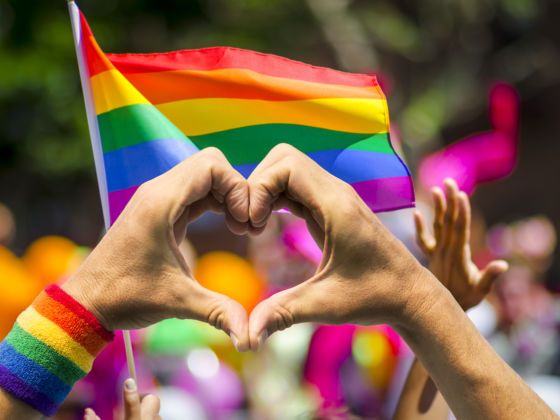Over 120 Pride events around the world have been canceled or postponed in response to the coronavirus pandemic. Although this news is devastating, LGBTQ leaders are finding new ways of creating community in the Digital Age that may result in the most inclusive Pride celebration the world has ever seen.
On April 1, InterPride and the European Pride Organisers Association announced they’re working with international LGBTQ organizations to present Global Pride 2020, a live-streamed festival scheduled for Saturday, June 27. This means the event will be accessible regardless of disability, location, or socioeconomic status. Anyone with an internet connection will be able to participate. For many Pride events around the world, this level of accessibility will be a first.
